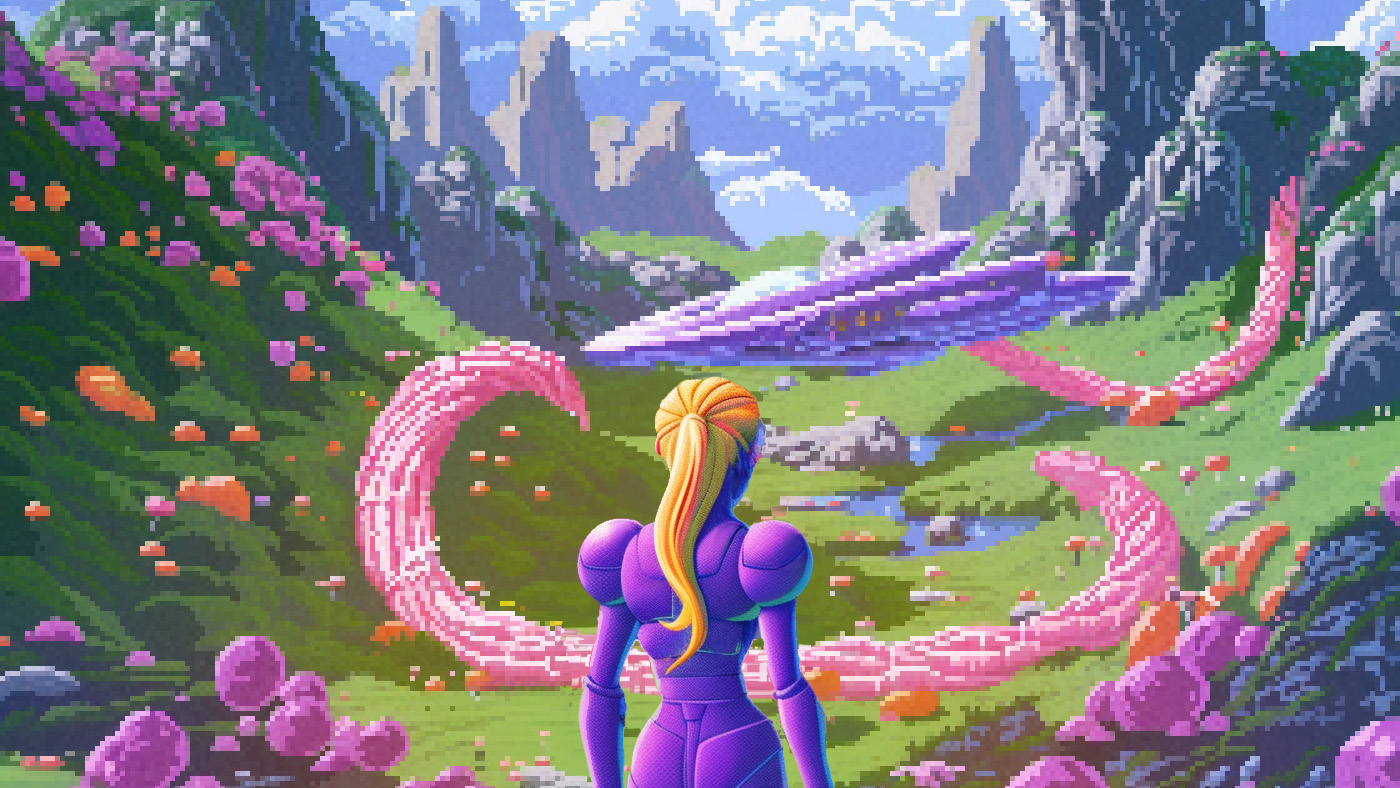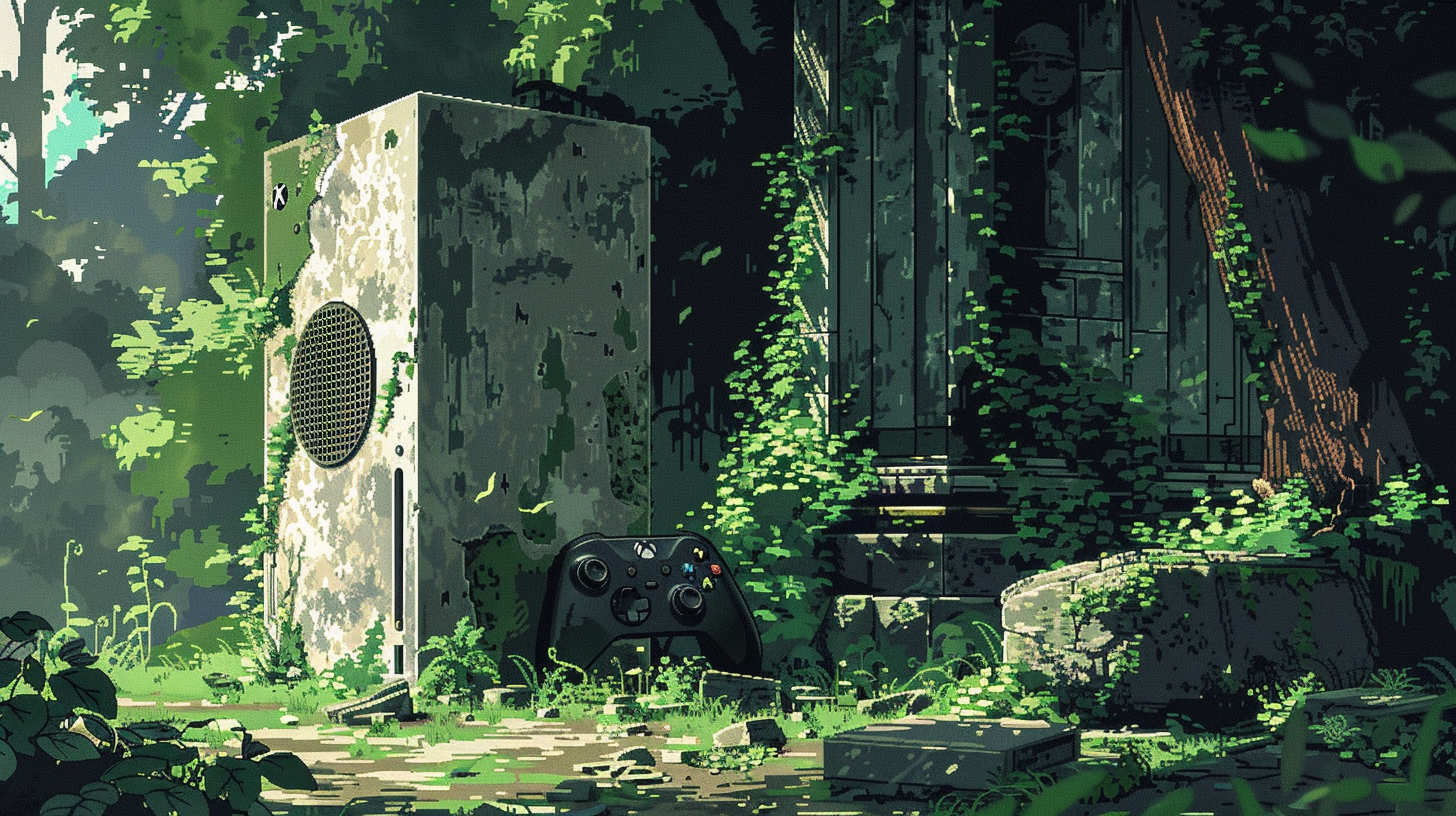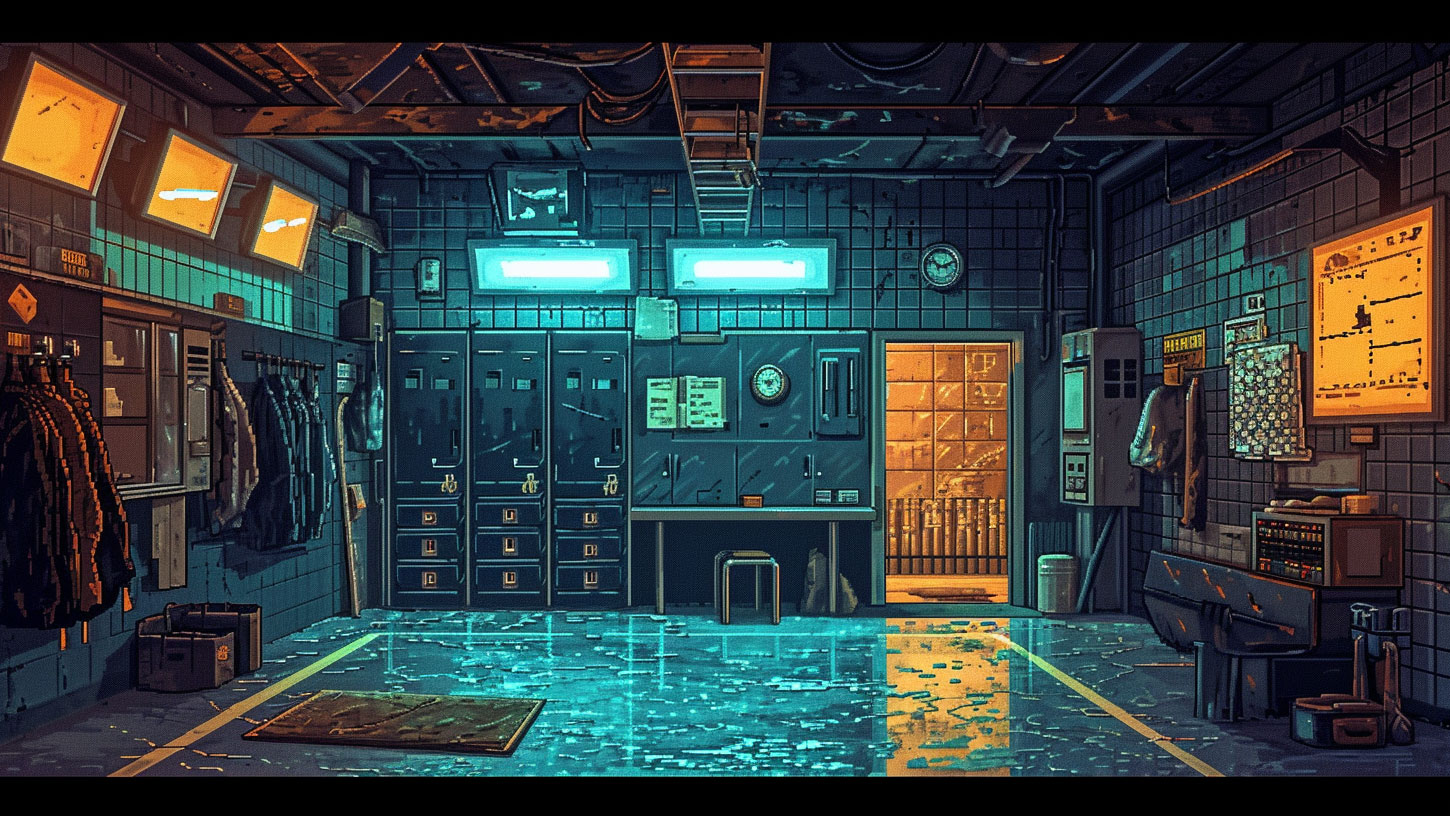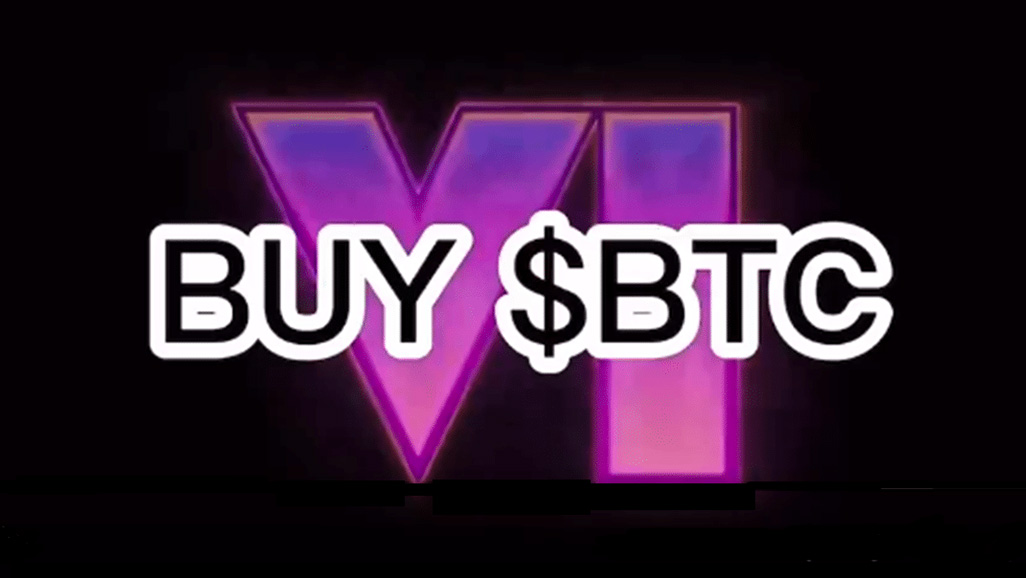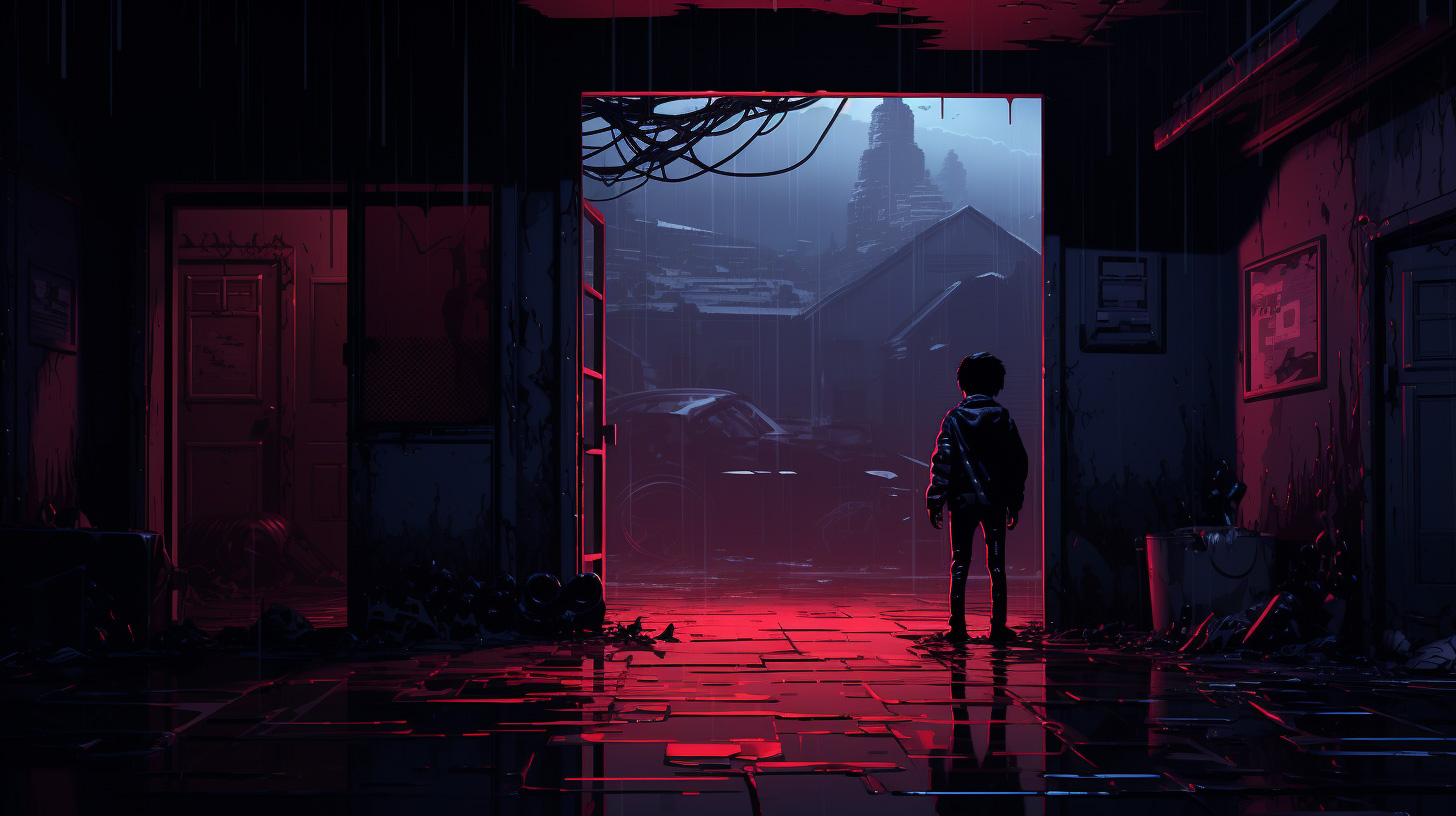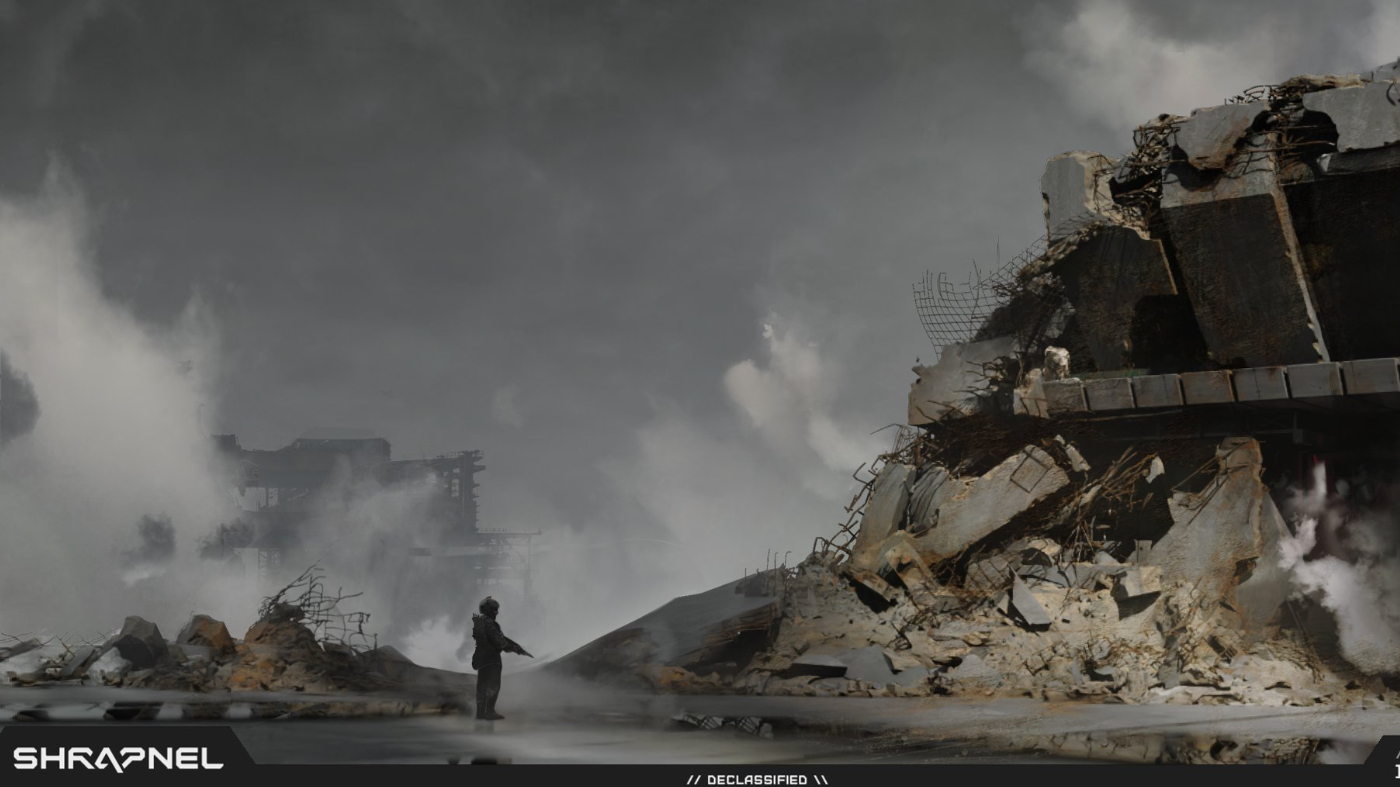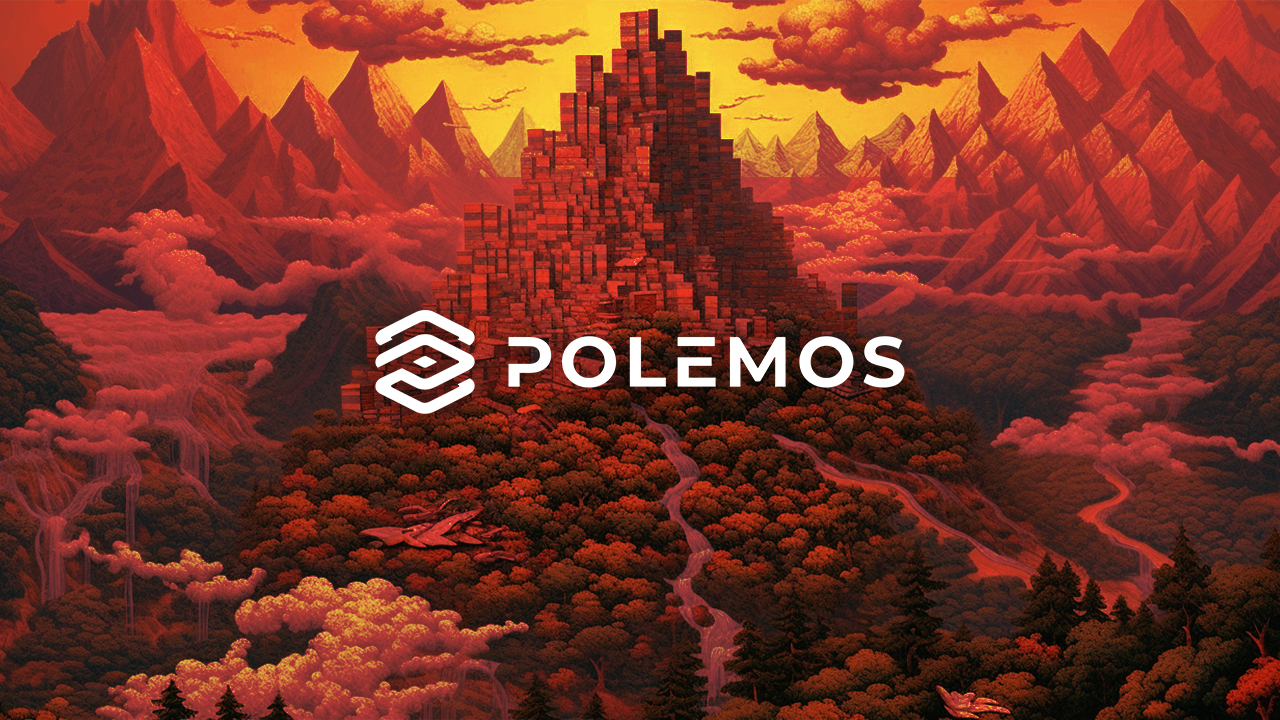After years of waiting, it feels like blockchain games are finally making contact with reality.
This week, a demo version of Illuvium Arena was released for public consumption on the Epic Game Store, and Illuvium also announced a partnership with esports organisation Team Liquid. In general, several big games are rumbling closer to reality: aside from Illuvium, WildCard and Shrapnel are my picks for credible, compelling games with the potential to appeal to big audiences. There are other promising games being built but it’s useful for me to have a mental top shelf, and those three are on it.
I no longer bother too much with “dreaming games” that are insanely ambitious and at best years from completion.
Polemos holds Illuvium and Shrapnel assets, although I personally do not, and I’m not boosting these three games speculatively. Instead I’m judging based on intrinsic factors: my evaluation of the gameplay, demonstrated progress, development teams, and their leaders. I’ve personally interviewed founders and executives at all three of these games – and many others – and for me, they check out.
This isn’t investment advice. There’s far too much complexity and blind luck involved for that, and the game industry is insanely competitive. But as subscribers to the newsletter, I think you should know about the top shelf.
To sign up to this newsletter, enter your email, tick the box and click subscribe!
Polemos itself is participating and benefiting from the momentum change in BG. This week we announced a partnership with tech platform Immutable, allowing Immutable games and game developers access to “the Polemos analytics layer” directly. This is an offshoot of our work in developing a protected asset lending and staking service for blockchain games, and will allow people to keep track of player and asset stats directly.
Because BG game data is on the blockchain, we can access, interpret and present the information without being inside game engines. We also announced a new whitepaper, which outlines our plans for the organisation, the generation of a Polemos token (PLMS), and audience growth. On the latter, we’re going well, reaching over 360,000 people in October. That’s down to our videos, which you should check out. Caveman’s “Addictive Illuvium” is a great place to start.
On Illuvium: a lot of emphasis has been put on this game and team through the long blockchain game journey. I interviewed co-founder Aaron Warwick about a year ago, and was impressed. But there have been many times in between then and now when I became fed up with Illuvium’s missed deadlines and what seemed to be exaggerated rhetoric. With all crypto projects, I am constantly trying to work out how much bedrock reality lies underneath the sea of bullshit.
With the release of the PvP open beta (Arena), that question has been answered for the Illuvium team. The bedrock has emerged in the form of a compelling autobattler with high tactical complexity and great replayability. This is a modern, good-looking take on Teamfight Tactics (TFT). The free-to-play TFT has been played by tens of millions of people (released in 2019) and earned developer Riot millions for loot boxes and season passes that give no gameplay advantage. Whether Illuvium could reach that level remains to be seen: it’s much more likely that the game will be a mid-range success, appealing to a hardcore of tactical fans. If the Illuvium team deliver on the other two related games in the suite – a Pokemon-style creature collector and a resource harvesting city building – it will push the enterprise into unknown territory. Then we will see whether the blockchain part of blockchain gaming can fulfill its promise.
But first, Illuvium Arena has to work. Caveman certainly seems to think the game is a winner.
“As someone who’s been waiting for this game for over two years now, I really wanted to make sure this was meeting the vision of the founders and what we heard so long ago. I’ll be up front: it is incredible.”
I downloaded and played the game myself. The experience on the Epic Store was good, the process straightforward – you have to create an account within the game – and despite one false start where I had a stalled loading screen, the UI was smooth.
When it came to gameplay, everything felt great, picking my Illuvial fighters from a roster of cards and placing them on the board. I had absolutely no idea what I was doing. This is a game where the wall of ignorance is sheer, and while I could do battle with the never-ending waves of enemies immediately, I was just flailing around in the dark. That is to be expected: without complexity, you wouldn’t have depth.
The key for the developers will be to create an experience that is fun for everyone, not just the masters, while not losing the complexity that makes it compelling. Tough brief! For the moment, the beta sorely needs an in-game tutorial. We are working on a beginners tutorial ourselves.
For Polemos, the birth of Illuvium, after such a long gestation, is a wonderful relief.
Shrapnel legal fight on
I mentioned Shrapnel as one of my top-shelf games. It’s made by a development studio called Neon, run by CEO Mark Long. This week, we heard the dramatic news that the extraction shooter’s founders, including Long, are suing Neon majority shareholder Cort Javarone. According to the lawsuit, Javarone supposedly dismissed Long as CEO and board member a couple of weeks ago, and attempted to assume control of the company. Long tweeted that he is still CEO. After a small dip, the game’s token SHRAP has rebounded and is sitting well above the 30-day average. We are expecting to see a playable beta of the game very soon: it was initially due December, but we hear that could be January. Read
Becoming one in the crowd
The third on the shelf, Wildcard, continued testing its innovative “fan visibility” feature. Wildcard, a hybrid arena battler/RTS/card game, has been designed from the ground up to be watchable, and if you attend a match as a spectator, your avatar will appear in the stands. At the moment the developers are testing 36 people at a time … not a huge stadium turn out, but the beginning of a very cool feature. At the game’s first live match demo in February, coverage was clearly modelled on big-event sports TV. I can image close-up shots of the attending crowds will be a staple of really making people feel they are participating in an event.
This article is the web version of the Polemos weekly newsletter. Sign up for free.



